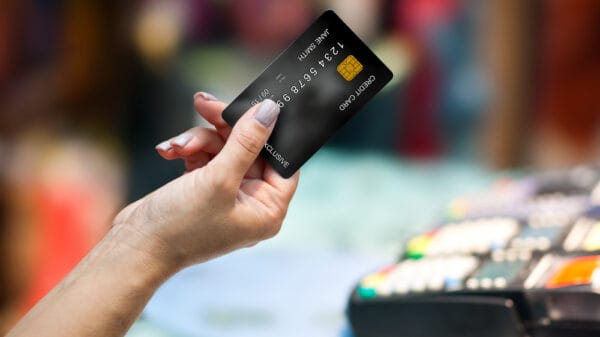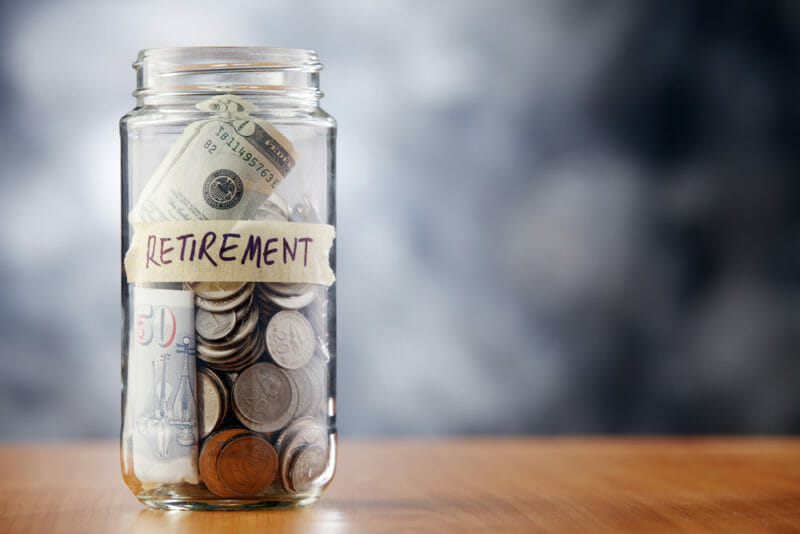Be cautious of jeopardizing your future financial security.
During the COVID-19 pandemic, the US government introduced the CARES Act to provide financial assistance to individuals facing financial challenges. Among the benefits offered by the CARES Act is an additional $600 weekly support for those currently unemployed, which is certainly helpful. Moreover, the CARES Act allows individuals under 59 years of age to withdraw funds from their retirement accounts without facing penalties and provides the option to take out retirement account loans with a three-year repayment period. However, just because these options are available doesn’t necessarily mean they are advisable. Building up savings in your retirement fund is already a challenging task during stable economic conditions; withdrawing funds now could significantly impede your progress. While it may be a last resort for some, it’s important to consider other alternatives based on your specific situation.
An alternative worth considering is taking out a home equity loan if you own a home with available equity. This option can provide you with much-needed cash, especially given the current low-interest rates. Alternatively, instead of taking a lump sum loan, you can opt for a home equity line of credit, allowing you to access funds as needed. However, be aware that interest rates for these credit lines can be more unpredictable, potentially resulting in higher repayment amounts than anticipated.
For smaller financial needs, a personal loan might be a more viable solution since it typically doesn’t require collateral. The amount you can borrow will depend on your credit history and income, but if your financial situation has been negatively impacted by the pandemic, your bank may offer payment deferrals as a gesture of support. Another option, if you are confident in your ability to repay, is to apply for a credit card with a 0% annual percentage rate (APR). While this allows you to borrow without incurring interest charges, it can be a risky strategy if not managed carefully. Mismanaging your credit card spending could lead to unmanageable debt in the future.













































